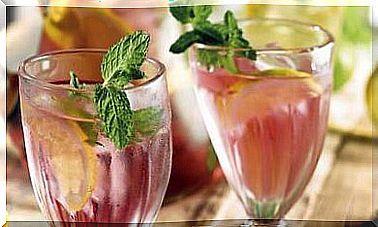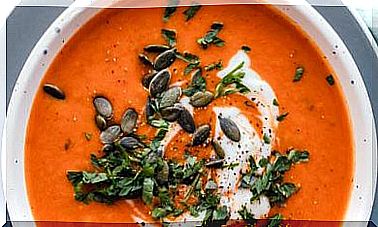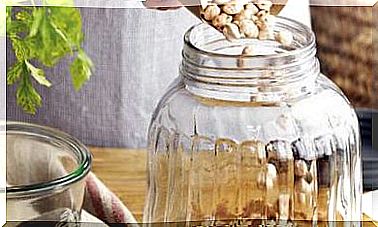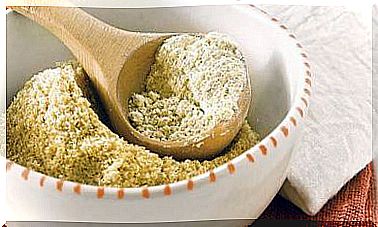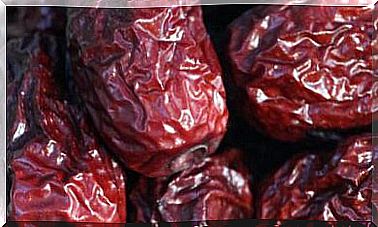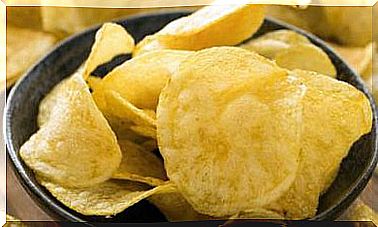Soy And Breast Cancer, A Controversial Relationship
We have integrated it into the usual diet, but it has raised doubts in relation to cancer. We explain how much to take, its benefits and how to consume it
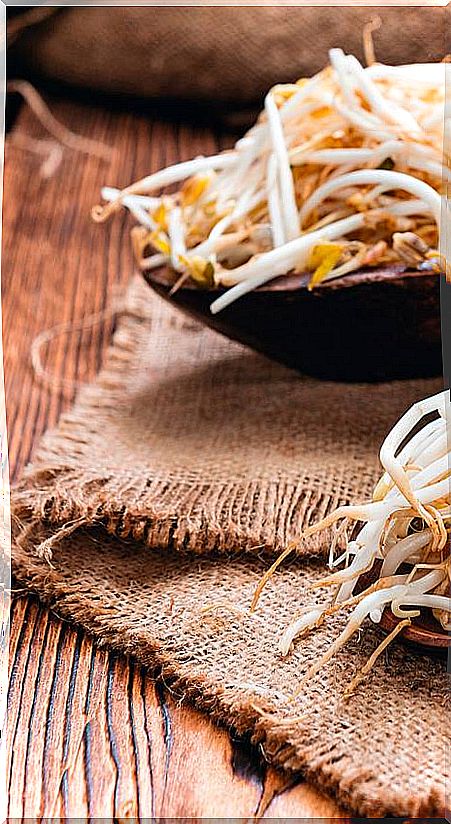
There are few foods that weigh as many contradictions as soybeans. Is it an angel or a devil? Even in its connection with breast cancer there is controversy. Some recommend its presence in the diet arguing that where it is most consumed in the world there is also a lower prevalence of this ailment. Others, however, negatively associate it with this type of cancer and advise against it.
What makes soy different from other legumes is its content of phytoestrogens, which are plant substances similar to estrogens, hormones that our body manufactures. The main phytoestrogens it contains are isoflavones, which in turn are broken down in the intestine, thanks to the action of the bacteria present, into daidzein and genistein.
There appears to be evidence that the effects of soy are not the same for the Asian and Western populations. The first has been consuming it for millennia, so there is a certain genetic adaptation, and they also take it since childhood. In the second, adaptation is not comparable and soy is normally a food that is introduced as a novelty in the diet.
10 vital questions about soy and breast cancer
Does including soy in our diet protect us from disease, as it seems to do with Asian women, or does it favor the appearance of cancer? We solve all your doubts by answering these ten key questions.
1. What is the relationship of soy to breast cancer?
Epidemiology shows that in Asia, where soy consumption is common, there is a lower prevalence of breast cancer, but a cause-effect relationship cannot be established that allows us to conclude a clear and unequivocal relationship on soy and breast cancer . We do not yet have conclusive data.
2. What is the estrogenic effect of isoflavones?
Phytoestrogens can be recognized by estrogen receptors, which is called “estrogenic effect”, useful in menopause. Or, on the contrary, an antiestrogenic effect, since they “trick” the receptor and bind to it instead of the true hormone. This effect is related to the prevention of breast cancer.
3. Do isoflavones have any other effect in relation to breast cancer?
In a May 2015 study, an angiogenesis inhibitory effect mediated by genistein (an isoflavone) has been described. Angiogenesis is the creation of new blood vessels; if it is inhibited, the growth of the tumor is hindered.
4. Why do Asian women benefit more from protection?
They have been consuming soy for thousands of years and a certain genetic adaptation has occurred. In addition, they begin to ingest it from childhood. But it is not the only possible explanation.
5. Is it related to the intestinal flora?
Could be. There is a type of bacteria – much more common in the microbiota of the digestive system of the Asian population – that processes daidzein. This product of the digestion of isoflavones allows to obtain another beneficial compound, the “equol”.
6. Is there a problem with soy consumption and breast cancer?
It seems that a rational consumption of soy and its derivatives does not produce adverse effects in relation to breast cancer. With one exception: people treated with the drug tamoxifen (hormonal treatment), since soy can interact with this drug.
7. How much soy can we safely consume per day?
A 2013 review concludes that, at doses below 100 mg of isoflavones, soy consumption is safe in breast cancer patients. A sensible consumption, of up to two servings a day, does not seem to have any negative repercussions.
8. Does consumption of soy have other benefits?
It has a high protein value and is one of the plant foods with the best amino acid profile. Its lipid profile is good, since it is rich in omega 3 fatty acids and contains a remarkable amount of calcium and iron. For all this, it is usually common in vegetarian diets.
9. And if I am a man, how does soy affect me?
There are also differences of opinion on how soy affects an exclusively male cancer such as prostate cancer. A review carried out in 2014 suggests that it can reduce the risk of this type of cancer, but it is too early to draw conclusions.
10. How can I prevent cancer?
Leading a diet rich in vegetables and an active lifestyle. As well as drinking as little or no alcohol as possible and not smoking. The sensible consumption of soy a week does not seem to present any problem.
